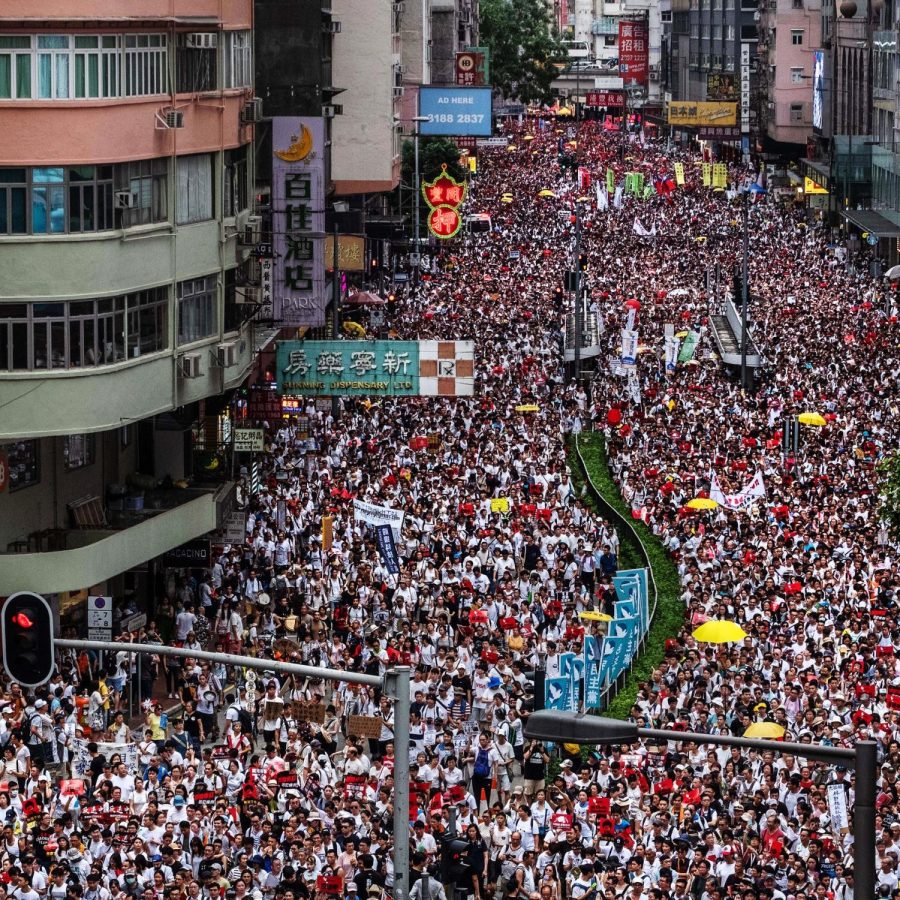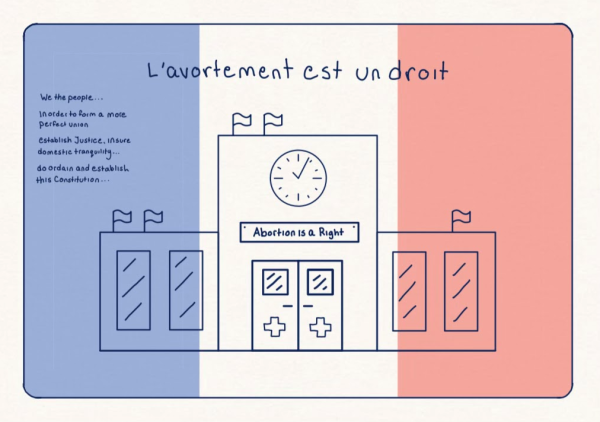150 Years of Peace in Hong Kong
In 1841, the region of Hong Kong was transferred to the United Kingdom after the defeat of China in the Opium Wars. The region developed as a British colony for 156 years, and underwent electoral reform as a result, before the People’s Republic of China assumed rule over the region in 1997. In exchange for the reunification, China agreed to the “One Country, Two Systems” policy, which promises Hong Kong political and capitalist economic freedom without interference. This period led to a new era of democracy in Hong Kong. Two years ago in 2020, however, the central government in Beijing passed the Hong Kong National Security Law. The law encroaches on the political sovereignty and social freedom that Hong Kong developed over the decades, and may permanently change the lives of Hong Kong citizens.
The central government in China promised in the “one country, two systems” principle to preserve several democratic laws in Hong Kong, including the freedom of speech and assembly, which no other party of China possesses. China would also leave Hong Kong’s political and capitalist economic system untouched until 2047. In the agreement, China required some form of national security law to be passed by the Hong Kong Special Administrative Region. An attempt to pass the law in 2003 failed after mass protests against the law arose.
Students who have family in Hong Kong are feeling the stress that their relatives are facing due to the situation. Amongst those students is Marcus Ho, a senior at CHS.
“The people there [Hong Kong] for 50 years were promised the ‘one country, two systems’ policy, but China decided to end that unceremoniously and just crack down hard on the people who protested,” Ho said. “I’ve tried to talk about the situation with my family in Hong Kong, but people who live there aren’t really allowed to talk about it. They know it’s happening, but they know they can’t do anything about it, so they don’t really try to talk about it.”
With the passing of the Hong Kong National Security Law, many of China’s censorship laws were extended to Hong Kong. For example, undermining the power and authority of the People’s Republic of China is punishable by imprisonment, effectively limiting the people’s freedom of speech. This has resulted in Hong Kong citizens being reluctant to talk about anything related to the Chinese government, in fear of being reported to the Hong Kong administration. The Beijing central government also possesses the power to determine how the law is interpreted, instead of Hong Kong administration. This law will also apply to any non-residents residing in Hong Kong, including tourists and exchange students.
Coco Fan, a junior at CHS, shared her thoughts on the situation.
“I think there are two points of view to this situation, from the international perspective, it is insane to them because they are not restricted from freedom of speech, but from the perspective of mainland China, they have always had censorship as a part of their lives, so it is normal to them,” Fan said.
China has broken their promise of non-involvement in Hong Kong’s political affairs 30 years early. This law may foreshadow the start of China’s crackdown on Hong Kong and the implementation of the region into mainland China. Whatever happens in the future, students at CHS will have to wait and see.
Hello there! Our goal is to provide relavent, engaging journalism for readers of all ages. Your donation will support the student journalists of the Wolfpacket at Claremont High School, and will allow us to purchase equipment, print our monthly issues, and enter in journalism competitions. We appreciate your consideration!
Kyle Chen is a senior at Claremont and is the assistant Arts and Entertainment editor. He has a passion for STEM and a particular interest in physics regarding...















